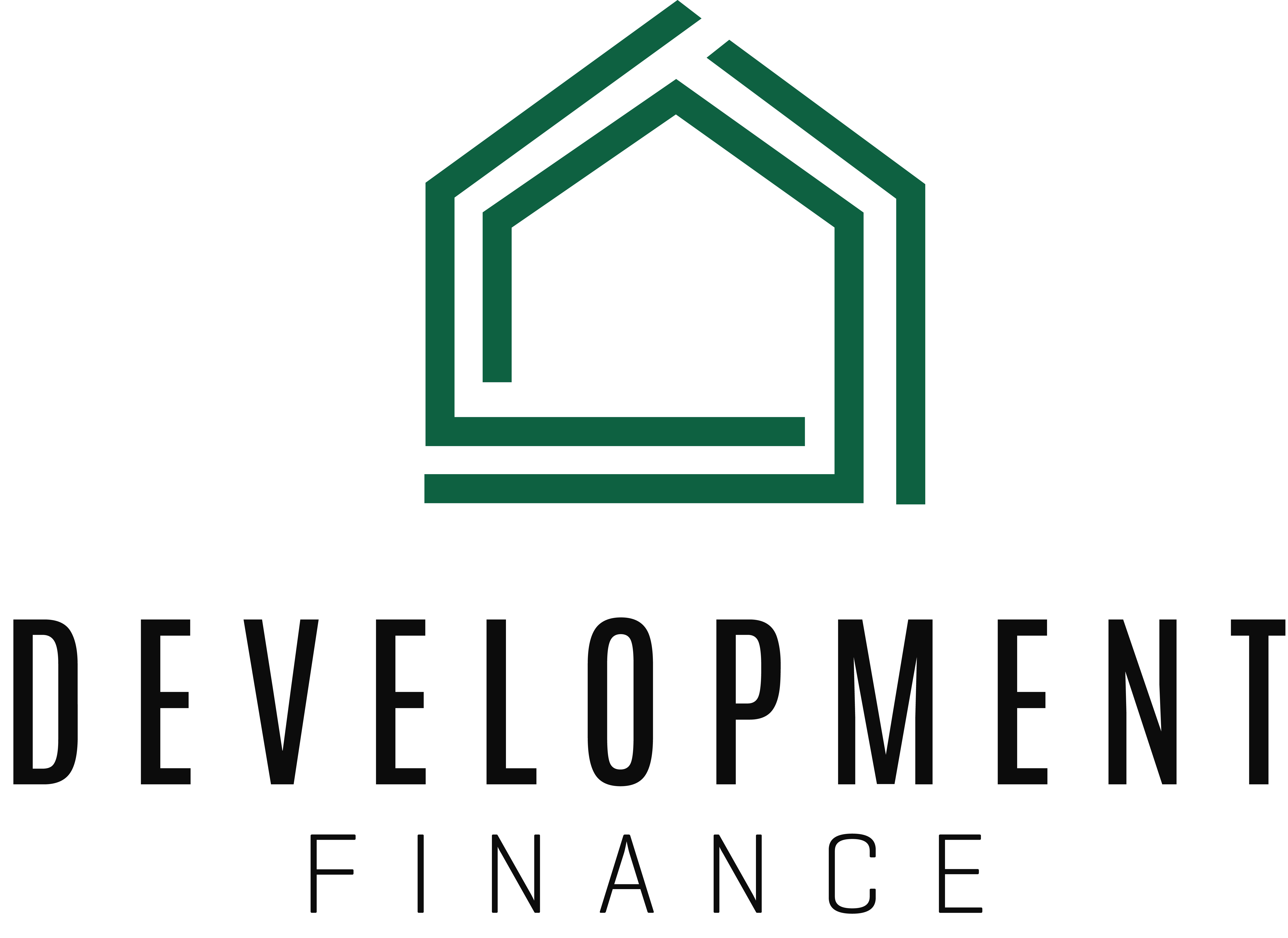This section of our site is designed to provide clear, straightforward answers to the most common questions around financing property development projects. Development finance can be complex, with a range of funding options, eligibility criteria, and processes that vary depending on the size and scope of your project.
If you have any other questions, or would like to speak to us about your project, please contact us.
Development Finance Q&A
- Enquiry: Contact us once you have land and planning permission. Call us at 0116 464 5514.
- Indicative Terms: After discussing the project, you’ll receive a summary of possible loan terms.
- Agreement in Principle: The lender offers terms, including fees and conditions (subject to approval).
- Site Visit: The lender may visit the site and meet your team.
- Valuation: A surveyor assesses the property and project viability.
- Offer: The loan is finalised, and a solicitor works out the legal terms.
- Completion: Funds are released, and construction begins.
- Property value or purchase price.
- Schedule of works.
- Contingency plans.
- Expected final value (GDV).
- Developers experience.
- List of professionals (eg contractors).
- Planning permissions and building regulations.
- Set-up Fees: Around 2% of the loan amount
- Exit Fees: Around 1% of the loan amount
- Interest: Charged monthly, starting at 0.83%
- Professional Fees: For architects, builders, solicitors, etc.
Planning permission is needed for most projects. Types include:
- Outline Planning: Development without detailed plans.
- Reserved Matters: Final details after outline approval.
- Full Planning: Detailed application with full plans.
- Section 106: Agreements covering specific planning needs.
Loan amounts depend on the project. For residential properties, you can typically borrow up to 65% of the property’s purchase price and up to 100% of build costs, paid in stages.
Yes, lenders require the borrower to contribute their own funds to the project.
Yes, a solicitor is required for the legal aspects.
Development finance loans are typically paid in one of the following three ways:
- Upon Sale: The total loan amount is paid in full, using the profits, when the project is complete, and the properties have been sold.
- Refinancing: This usually happens when the developer wants to keep the development for either personal use or for rental purposes.
- Building Regulations: These must be followed, and the builder or owner is responsible.
- NHBC: Provides insurance and warranties for new homes.
- Fixed Price Contract: Protects against unexpected construction costs.
- Alternative Financing: Options like second-charge mortgages or bridging loans may also be available.




